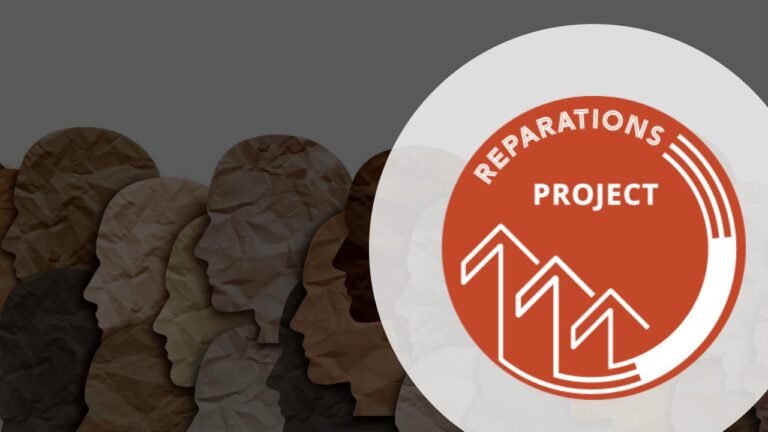As the City of Asheville works to prepare a proposed fiscal year 2022-2023 budget, it’s a good time to pause, look back and assess the work and accomplishments towards the priorities of the past year.
The Council Identified Priorities for Fiscal Year 2021-2022 included:
- Reparations
- Reimagining Public Safety
- Employee Compensation
- Utilization of ARPA Funding
Here, we share with you the Fiscal Year 22 accomplishments for the Council priority Reparations.
Reparations and how it benefits our entire community
On July 14, 2020, Asheville City Council passed a resolution supporting community reparations for Black Asheville. The resolution calls for the city manager to “develop short, medium and long term recommendations to specifically address the creation of generational wealth and to boost economic mobility and opportunity in the black community.”
To achieve that goal, the city manager and city staff recommended a three phase process:
- Sharing and Truth-Telling (taking place from June through July 2021);
- Formation of a Reparations Commission (November 2021 – March 2022); and
- Finalizing and Presenting the Report.
As Equity and Inclusion Director Brenda Mills sees it, the Community Reparations Commission is an opportunity to benefit not just one community in Asheville, but to benefit all of Asheville.
Formation of a Reparations Commission – November 2021 – March 2022
Reaching the goal fixing the system meant getting to work behind the scenes to ensure the City, County and community were ready to move to Phase 2: Formation of a Community Reparations Commission.
As part of that effort, during their September 14, 2021 meeting, City Council voted to authorize the City Manager to hire TEQuity to provide project management services as Reparations Process Project Manager, following an official procurement process. The TEQuity project team was brought on to provide project management, facilitation, research infrastructure, resource affiliation, and community engagement support and act as liaisons for the Community Reparations Commission as it begins its reparation recommendations discussion.
Happening Now: Phase 2 – Community Reparations Commission
The 25 members of the Community Reparations Commission are now seated and meetings have begun. The commission members were appointed by Asheville City Council on March 8, 2022 and the Buncombe County Board of Commissioners on March 15, 2022 after an application and interview process.
Choosing the Community Reparations Commission, began with exactly that – community. The City of Asheville and Buncombe County asked for applications to be submitted not only by individuals, but also from seven legacy neighborhoods. These neighborhoods would identify, vet and choose their own applicants for consideration by City Council and the Buncombe County Board of Commissioners. These neighborhoods included: Burton Street, East End/Valley Street, Heart of Chestnut, Shiloh, Southside, Stumptown, and public housing communities.
Forming a community driven reparations commission is an approach, says Mills, which allows legacy neighborhoods to tell their stories and have direct input on how best to shape their futures.
Candidate interviews took place February 15, 2022 and were streamed live for the community.
What’s Next
The Reparations Commission is empowered to make recommendations that will make significant progress toward repairing the damage caused by public and private systemic racism.
The task is to issue a report, slated for spring or summer of 2023, for consideration by the City and other participating community groups for incorporation into their respective short-term and long-term priorities and plans – a task Mills knows may be daunting at times, but sees as worthwhile to create a better Asheville for all.
The next meeting of the Community Reparations Commission will take place Monday, June 6 at 6 p.m. You can find agendas and documents on the Commission web page.
For more information about the community reparations process or the Commission meetings, please contact Brenda Mills, Director of Equity and Inclusion.
